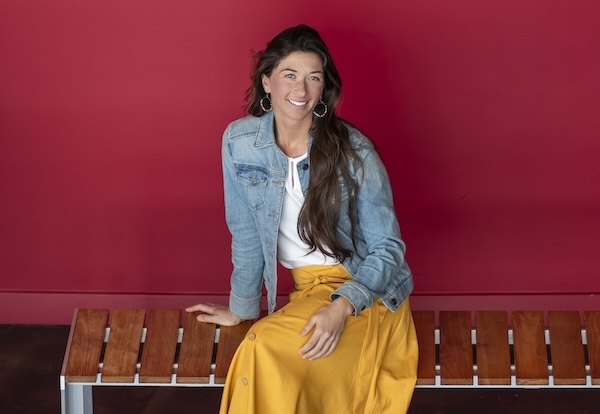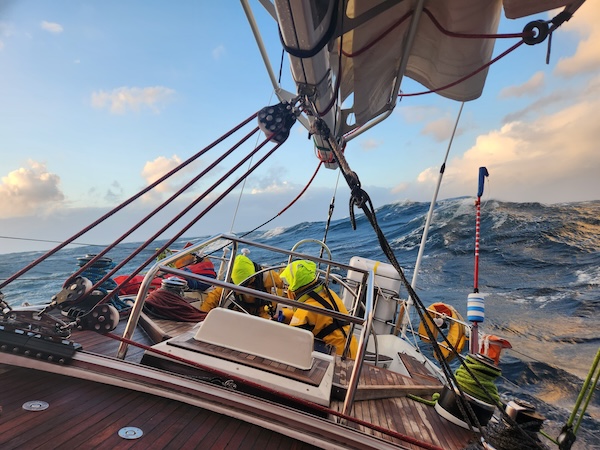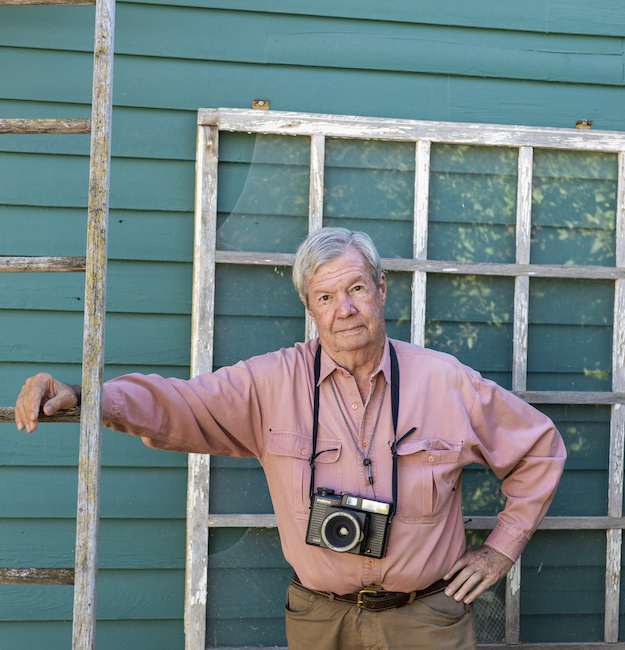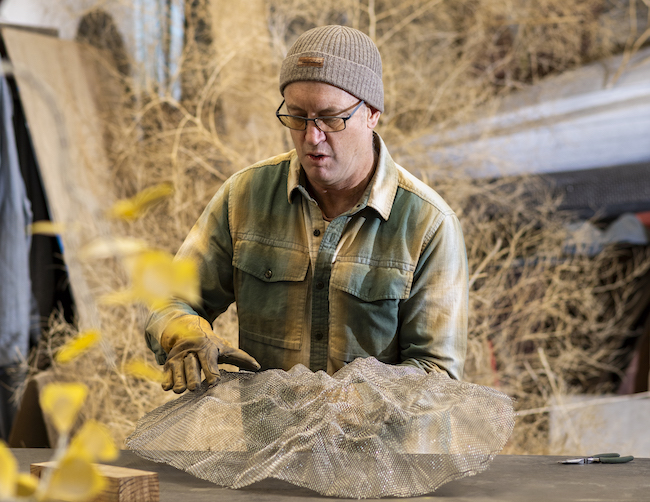Back to the Earth
16 May 2024
Teton County works to divert residential and commercial food waste with composting program
Written By: Danielle Shapiro | Images: Courtesy Teton County Integrated Solid Waste and Recycling
We’ve all been there: buying a few too many bananas at the store and ultimately tossing the ones that turn mushy and brown before eating them. Seems harmless enough. But those innocent, discarded bananas are actually part of a massive environmental problem contributing to climate change.
Thankfully, they’re also a problem that comes with a neat solution: composting.
“This is the ultimate circular system,” says Becky Kiefer, superintendent of Teton County Integrated Solid Waste and Recycling (ISWR), with “a recognized solution today.”
And since July 2022, when the county began accepting residential and commercial food waste for composting, Becky’s department has been a growing and significant part of that solution.
Across the country, Americans waste about one-third of all food that was meant to be eaten. That amounts to 80 million tons of food waste annually, or the equivalent of 149 billion meals and $444 billion worth of food.
The problem with all that wasted food is not just that it could have been fed to the nearly 17 million households that were food insecure in 2022. It’s also that discarded food goes to landfills, where it emits methane, a greenhouse gas “more than 28 times as potent as carbon dioxide at trapping heat in the atmosphere,” according to the Environmental Protection Agency. In Teton County, about 16 percent of landfill-bound waste is food and other organic or compostable material, Becky says.
The problem of Jackson’s waste is compounded by the fact that there is no local landfill. All waste is transported by truck, spewing carbon dioxide along the way. Becky says that on average ISWR sends six trucks a day, carrying 22 tons of trash, 100 miles each way to Idaho Falls. There it’s added to landfills engineered for storage, not degradation or decomposition. “In a landfill, trash gets piled and packed so tightly that oxygen can’t reach it. Anything that would have been composted can’t break down without oxygen, so it’s there forever,” she says.
Composting offers an elegant, natural alternative.
“We’re just stealing Mother Nature’s design,” says Dane Buk, founder and owner of Terra Firma Organics, Inc., the county’s composting contractor, “the best design idea in the world.” His company manages the organic materials — food and yard waste mostly — that comes to ISWR’s trash transfer station. Transforming it into finished compost, he sells mostly to landscapers.
“We degrade what we are supposed to degrade,” Dane says, “and put things back into the soil that are supposed to go back into the soil.”
And once added to the soil, his finished compost improves the soil’s ability to hold water and feed vegetation. It also introduces more diverse microbial communities into the soil, i.e. tiny bugs that are crucial for healthy, more nutritious plant growth, as well as preventing insects and disease.
JoJo Denmark, ISWR’s waste diversion outreach specialist, says between the program’s start and January 2024 they’ve diverted 127.92 tons of food waste and 8,652 tons of all organic waste from the landfill. Not to mention the 346 truck hauls and 67,831 truck miles they avoided in that time, sparing the air 94 metric tons of carbon dioxide emissions and 4,499 metric ton equivalents of methane and nitrous oxide emissions in the process.
But the county is not the only player in this composting game. Curtis Haderlie, owner of Haderlie Farms in Thayne, Wyoming, has been running a composting business since 2019. He says he has about 350 residential and 50 commercial customers in Jackson, including most concessionaires in Grand Teton National Park like Jackson Lake Lodge.
His goal is to operate a closed-loop composting system, meaning someone buys a head of lettuce from him, gives back to him what they don’t eat to compost and add to his soil, allowing him to grow another bright, healthful head of lettuce. Having not purchased chemical fertilizers for four years, he says, he’s there.
“There are no negatives to composting,” he says.
On the contrary. Curtis says consuming food grown with recycled food scraps is “a pretty powerful, long-term, sustainable agricultural practice.”
Becky, with the county, says her program is “ready to just blow the lid off.” They can handle up to 400 tons of food waste annually and would love to get there knowing how profound the impacts can be. In fact, diverting food waste from the landfill, she says, “is the easiest thing we can do to combat climate change.”











